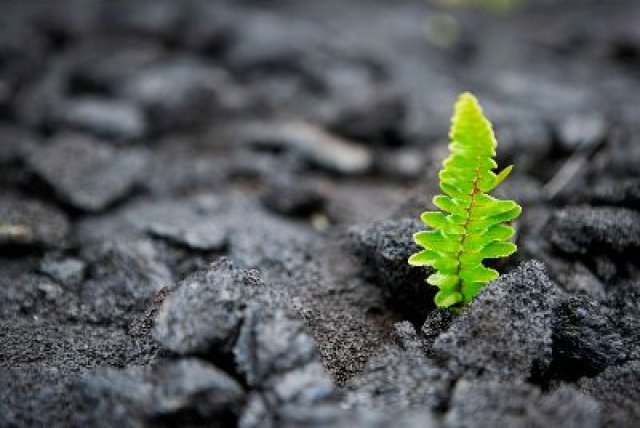Chinese New Year
Year of the Ox
By: Cheng Tong - Feb 02, 2021
This quote, a line from the Dao de Qing, Laozi's treatise from 2,500 years ago, was a part of my teaching recently with taiji students. "Slow, soft and smooth" is something I've been saying to them in describing how their taiji needs to become.
It is the subject of my teaching essay today entitled "Daily Daoist Practice and Stillness."
During a recent class, a student and I were discussing softness. Over the preceding two classes, we had been investigating the important qualities of a taiji and qigong practice. Those qualities are slow, soft and smooth. They are integral to an understanding of Daoism in general, and taiji in particular.
Daoist belief does not make a serious distinction between the body and the spirit. Those of us who are daily taiji practitioners know that physical actions have spiritual effects. We use our daily practice to cultivate inner stillness, to empty ourselves of everything but the moment we are in, and ultimately to become the taiji form.
The Daoist texts instruct us on the importance of body purity, maintaining body wellness to ensure spiritual wellness. They urge us to avoid activities and foods that would taint that wellness, to resist greed, pride, dishonesty. Easily said, yet difficult on earth, we are compelled to discipline in our daily lives.
The Daoist will incorporate a daily meditation practice into their life. Meditation, or “sitting still, doing nothing,” is one of the three legs of a “Longevity Practice,” along with taiji (a moving meditation) and qigong. We use meditation to cultivate stillness, and to bring us squarely into the present moment. Complex meditation rituals are practiced in Daoist temples for this purpose.
The Daoist knows the importance of the breath. Of course, breathing is necessary for life, but it is also the most easily perceived form of qi. Many breathing exercises are taught and practiced at Daoist temples, and these exercises are called qigong. Qi (energy) gong (work or skill) is the third leg of a “Longevity Practice.”
The Daoist Longevity Practice is a daily regimen of qigong, taiji and meditation, then. Together, these disciplines enhance and regulate the flow of qi throughout the body. Physical and spiritual wellness is the result, supplemented by such Daoist medicinal treatments as acupuncture and moxibustion.
The Daoist martial arts practice of gongfu and taiji originated with Zhang Sanfeng about one thousand years ago. At about that same time, during the Tang Dynasty, Lu Dongbin (Chinese poet and scholar) developed the Water Taiji form taught and practiced at my temple in the Wudang Mountains. I am of the 24th generation in the temple’s lineage that traces back to Master Lu.
The Daoist also maintains a daily diet that excludes alcohol and meat. These can contribute to ill effects on the body, and because body and spirit are intertwined and served by a Daoist Longevity Practice, they are to be avoided.
You might ask what all of this has to do with slow, soft and smooth, but the answer is easy. In Chapter 76 of the Dao de Qing, Laozi wrote:
Men are born soft and supple;
Dead, they are stiff and hard.
Plants are born tender and pliant;
Dead, they are brittle and dry.
Thus, whoever is stiff and inflexible is a disciple of death.
Whoever is soft and yielding is a disciple of life.
The hard and stiff will be broken.
The soft and supple will prevail.
As Stephen Mitchell notes in his translation of the Dao de Qing, the less rigid, the readier for life or death.
The Daoist life is lived with the purpose of acquiring and maintaining body wellness and spiritual wellness; to keep our body and spirit supple; to remain soft and yielding. We seek to live in harmony with all things.
Our Daoist Longevity Practice enables us to do so. We cultivate stillness through our daily and lifelong practices to see each moment with clarity, to see all things merely as they are, and to act instinctively as we do. We find the patience to let our mud settle, as Laozi says, and the waters of life to become clear.
Slow, soft and smooth in life are the qualities that come from our practice in the stillness of each moment. When we have found them in our taiji, we will find them in our life.

